|
APRIL 15, 2024 Joint Statement from the Leaders of
STATEMENTS AND RELEASES Today, the President of the United States, Joseph R. Biden Jr., welcomed the Prime Minister of the Republic of Iraq, Mohammed Shia’a Al-Sudani, to the White House. The two leaders reaffirmed their commitment to the enduring strategic partnership between Iraq and the United States and discussed their visions for comprehensive bilateral cooperation under the 2008 U.S.-Iraq Strategic Framework Agreement. The President and Prime Minister agreed on the importance of working together to advance regional stability and reinforce and respect Iraqi sovereignty, stability, and security.
President Biden and Prime Minister Sudani affirmed that a diversified and growing Iraqi economy, integrated with the region and the global economic system, is the foundation for lasting stability in the region and prosperity for the Iraqi people. The two leaders exchanged views on how political, economic, and security cooperation between the United States and Iraq could advance shared goals, including the development of a strong and stable Iraqi nation that promotes peace and progress throughout the broader Middle East.
Energy and Environment
President Biden applauded Iraq’s progress towards energy self-sufficiency, and the two leaders discussed Prime Minister Sudani’s interest in future opportunities for cooperation to ensure Iraq becomes self-sufficient by 2030, with help from U.S. companies. President Biden affirmed continued U.S. support for Iraq’s efforts to modernize its energy sector, reduce methane emissions, improve public health, more reliably provide electricity for the Iraqi people, and complete the electrical grid connections with neighboring countries, including the ongoing efforts to connect Iraq’s grid with Jordan and GCC countries. The two leaders discussed future plans to develop Iraq’s resources in a manner that ensures all Iraqis benefit from their country’s natural wealth, consistent with Iraq’s constitution.
Prime Minister Sudani and President Biden affirmed the importance of ensuring Iraqi oil can reach international markets and expressed their desire to reopen the Iraq-Turkiye Pipeline.
Regional Integration and Political Cooperation
President Biden reaffirmed U.S. support for Iraq in strengthening relations with the international community and states of the region to ensure security, stability, and enhanced prosperity for its peoples. President Biden pledged continued U.S. support for greater economic integration of Iraq with the Middle East region.
President Biden and Prime Minister Sudani discussed their shared view that the Iraqi Kurdistan Region (IKR) is integral to Iraq’s overall prosperity and stability. In that vein, the President commended the Prime Minister’s and Kurdistan Regional Government’s (KRG) efforts to reach durable agreements that resolve longstanding challenges, including the recent arrangement to pay two months of KRG civil servant salaries, and encouraged continued progress. The President also affirmed U.S. support for strengthening democracy in Iraq, including free, fair, and transparent regional elections in the IKR.
Economy and Finance
President Biden and Prime Minister Sudani discussed Iraq’s progressive efforts to reform the financial and banking sector to connect Iraq to the international economy and increase trade while shielding the Iraqi people from the harmful impacts of corruption and money-laundering. Through 2023 and 2024, banks in Iraq have expanded their correspondent relationships with international financial institutions to enable trade financing, with the majority of trade finance now occurring through these channels. The two leaders affirmed the importance of these and other measures to improve the investment climate in Iraq to attract foreign capital and promote economic growth. The United States and Iraq commit to strengthen their cooperation to achieve greater transparency and collaboration against money-laundering, financing terrorism, fraud, corruption, and sanctionable activity that could undermine the integrity of both countries’ financial systems. The two sides also committed to support the Central Bank of Iraq to fully wind down the wire auction mechanism by the end of 2024 and transition to direct correspondent relationships between Iraqi and international banks, a transformation that will connect Iraqi people and businesses with the international economy.
The Lasting Defeat of ISIS
President Biden and Prime Minister Sudani discussed their commitment to a stable and secure Iraq. They agreed that Iraq’s security forces must be able to ensure that ISIS can never again reconstitute inside Iraq to threaten the Iraqi people, the region, or the international community, including the United States. President Biden reiterated his belief that a strong Iraq, capable of self-defense, is critical to regional stability and committed to bolstering the capabilities of security forces across all of Iraq to secure the country’s territory and people.
Nearly ten years after establishing the Global Coalition to Defeat ISIS, the two leaders discussed the Coalition’s successes in both Iraq and Syria, where all Iraqi security forces including in Kurdistan were critical to the territorial defeat of ISIS. Both leaders paid tribute to the sacrifices made by Iraqi, United States, and other friendly countries’ military personnel serving side-by-side as partners during the historic campaign against ISIS, as well as the civilians killed by ISIS, including the massacres at Camp Speicher, Mount Sinjar, and Hit. Prime Minister Sudani emphasized the national effort that was required to defeat ISIS and discussed his affirmative agenda to continue rebuilding Iraq and restore its position as an engine of stability and growth for the broader Middle East. President Biden noted that the enduring defeat of ISIS would help ensure Iraq’s, the region’s, and the world’s security in the future, as well as its ability to fulfill the Iraqi people’s aspirations to develop economically, attract foreign investment, and provide regional leadership.
Enduring Bilateral Security Cooperation
President Biden and Prime Minister Sudani also discussed the natural evolution of the global D-ISIS Coalition in light of the significant progress that has been made in ten years. The two leaders expressed their commitment to the ongoing Higher Military Commission (HMC) process and its results, and the three working groups that will assess: the continued threat from ISIS, operational and environmental requirements, and bolstering Iraq’s security force capabilities. The two leaders affirmed they would review these factors to determine when and how the mission of the Global Coalition in Iraq would end, and transition in an orderly manner to enduring bilateral security partnerships, in accordance with Iraq’s Constitution and the U.S.-Iraq Strategic Framework Agreement.
The leaders further affirmed their intent to convene later this year the U.S.-Iraq Joint Security Cooperation Dialogue (JSCD) for talks on the future of the bilateral security partnership.
Strategic and Enduring Partnership
President Biden and Prime Minister Sudani renewed their commitment to bilateral partnership for the benefit of their two nations and decided to expand cooperation in all areas discussed in the Higher Coordinating Committee (HCC) meetings co-chaired by the U.S. Secretary of State and Iraqi Minister of Planning. The two leaders affirmed their intent to continue their consultations on a shared vision for comprehensive, productive partnership to advance common goals.
###_______________________________________ Secretary Blinken co-chairs U.S.-Iraq Higher Coordinating Committee meeting
|
||||||||||||||||||||||||||||||||||||||||||||||||||||||||||||||||||||||||||||||||||||||||||||||||||||||||||||||||||||||||||||||||||||||||||||||||||||||||||||||||||||||||||||||||||||||||||||||||||||||||||||||||||||||||||||||||||||||||||||||||||||||||||||||||||||
|
APRIL 13, 2024 Statement from President Joe Biden on
STATEMENTS AND RELEASES Earlier today, Iran—and its proxies operating out of Yemen, Syria and Iraq—launched an unprecedented air attack against military facilities in Israel. I condemn these attacks in the strongest possible terms.
At my direction, to support the defense of Israel, the U.S. military moved aircraft and ballistic missile defense destroyers to the region over the course of the past week. Thanks to these deployments and the extraordinary skill of our servicemembers, we helped Israel take down nearly all of the incoming drones and missiles.
I’ve just spoken with Prime Minister Netanyahu to reaffirm America’s ironclad commitment to the security of Israel. I told him that Israel demonstrated a remarkable capacity to defend against and defeat even unprecedented attacks – sending a clear message to its foes that they cannot effectively threaten the security of Israel.
Tomorrow, I will convene my fellow G7 leaders to coordinate a united diplomatic response to Iran’s brazen attack. My team will engage with their counterparts across the region. And we will stay in close touch with Israel’s leaders. And while we have not seen attacks on our forces or facilities today, we will remain vigilant to all threats and will not hesitate to take all necessary action to protect our people.
### ------------------------------------------------------------------------ On 13 April, Iran seized an Israeli-linked ship in the Strait of Hormuz. Later that day, Iran and its proxies attacked Israel with about 300 drones and multiple ballistic missiles. The United States, United Kingdom, and Jordan intercepted over 100 Iranian drones. The drones and missiles eventually hit various cities across Israel, the West Bank, and Golan Heights. The attack also damaged the Netavim and Ramon airbases. 33 civilians were injured.
Israeli and U.S. officials conducted situational assessments overnight. The United States said it would not participate in a retaliatory strike on Iran. Iran threatened that if Israel was to retaliate, directly or indirectly, that it would strike back harder. Israel said the attack warranted a response.
In 2024, the Iran–Israel proxy conflict escalated to a direct conflict between the two countries. On 1 April, Israel bombed the Iranian consulate in Damascus, killing multiple senior Iranian officials. In response, Iran and its proxies launched strikes inside Israel on 13 April, 2024
Background Main articles: Iran–Israel proxy conflict and Israel-Hamas war After the Iranian Revolution, Iran took a more critical stance on Israel, and a proxy war emerged as Iran supported Lebanese Shia and Palestinian militants during the 1982 Lebanon War. Iran began to gain power and influence with other countries and groups. The conflict escalated with Israeli attempts to stop the Iranian nuclear program and confrontations during the Syrian civil war.
On 7 October 2023, Hamas, a Palestinian militant group partially funded by Iran, launched an attack on Israel resulting in almost 1,200 Israelis killed and the outbreak of the Israel-Hamas war.[15] Israel also skirmished with Iranian proxy Hezbollah in Lebanon. After the attack, Israel began targeting Iranian and proxy troops in Syria more frequently as retaliation. Fears of a regional war grew in the following months.
Timeline On 1 April, Israel bombed the Iranian embassy in Damascus, Syria. The attack killed 16 people, including multiple Iranian officers and proxy fighters. Most notably, Mohammad Reza Zahedi, a commander for the Quds Force was killed in the airstrike. Iranian officials in the building were allegedly meeting with Palestinian militant leaders at the time of the attack.
Iran vowed to respond, and Western sources suspected it would attack directly inside Israel. Israel began preparing in the days leading up to the attack, evacuating Israeli embassies and jamming GPS signals in the case of an aerial bombing. France deployed its navy to defend Israel.
On 13 April, Iran seized an Israeli-linked ship in the Strait of Hormuz. Later that day, Iran and its proxies attacked Israel with about 300 drones and multiple ballistic missiles. The United States, United Kingdom, and Jordan intercepted over 100 Iranian drones. The drones and missiles eventually hit various cities across Israel, the West Bank, and Golan Heights. The attack also damaged the Netavim and Ramon airbases. 33 civilians were injured.
Israeli and U.S. officials conducted situational assessments overnight. The United States said it would not participate in a retaliatory strike on Iran. Iran threatened that if Israel was to retaliate, directly or indirectly, that it would strike back harder. Israel said the attack warranted a response. x
| ||||||||||||||||||||||||||||||||||||||||||||||||||||||||||||||||||||||||||||||||||||||||||||||||||||||||||||||||||||||||||||||||||||||||||||||||||||||||||||||||||||||||||||||||||||||||||||||||||||||||||||||||||||||||||||||||||||||||||||||||||||||||||||||||||||
|
APRIL 04, 2024 Readout of President Joe Biden’s Call with
STATEMENTS AND RELEASES President Biden spoke by telephone with Prime Minister Netanyahu. The two leaders discussed the situation in Gaza. President Biden emphasized that the strikes on humanitarian workers and the overall humanitarian situation are unacceptable. He made clear the need for Israel to announce and implement a series of specific, concrete, and measurable steps to address civilian harm, humanitarian suffering, and the safety of aid workers. He made clear that U.S. policy with respect to Gaza will be determined by our assessment of Israel’s immediate action on these steps. He underscored that an immediate ceasefire is essential to stabilize and improve the humanitarian situation and protect innocent civilians, and he urged the Prime Minister to empower his negotiators to conclude a deal without delay to bring the hostages home. The two leaders also discussed public Iranian threats against Israel and the Israeli people. President Biden made clear that the United States strongly supports Israel in the face of those threats.
###
--------------------------------- |
||||||||||||||||||||||||||||||||||||||||||||||||||||||||||||||||||||||||||||||||||||||||||||||||||||||||||||||||||||||||||||||||||||||||||||||||||||||||||||||||||||||||||||||||||||||||||||||||||||||||||||||||||||||||||||||||||||||||||||||||||||||||||||||||||||
|
APRIL 04, 2024 Statement from National Security Council
STATEMENTS AND RELEASES We welcome the steps announced by the Israeli government tonight at the President’s request following his call with Prime Minister Netanyahu. These steps, including a commitment to open the Ashdod port for the direct delivery of assistance into Gaza, to open the Erez crossing for a new route for assistance to reach north Gaza, and to significantly increase deliveries from Jordan directly into Gaza, must now be fully and rapidly implemented.
As the President said today on the call, U.S. policy with respect to Gaza will be determined by our assessment of Israel’s immediate action on these and other steps, including steps to protect innocent civilians and the safety of aid workers. We are prepared to work in full coordination with the Government of Israel, the Governments of Jordan and Egypt, the United Nations, and humanitarian organizations, to ensure that these important steps are implemented and result in a significant increase in humanitarian assistance reaching civilians in dire need throughout Gaza over the coming days and weeks.
------------------------------------------------------------------ APRIL 02, 2024 Statement from President Joe Biden
STATEMENTS AND RELEASES I am outraged and heartbroken by the deaths of seven humanitarian workers from World Central Kitchen, including one American, in Gaza yesterday. They were providing food to hungry civilians in the middle of a war. They were brave and selfless. Their deaths are a tragedy.
Israel has pledged to conduct a thorough investigation into why the aid workers’ vehicles were hit by airstrikes. That investigation must be swift, it must bring accountability, and its findings must be made public.
Even more tragically, this is not a stand-alone incident. This conflict has been one of the worst in recent memory in terms of how many aid workers have been killed. This is a major reason why distributing humanitarian aid in Gaza has been so difficult – because Israel has not done enough to protect aid workers trying to deliver desperately needed help to civilians. Incidents like yesterday’s simply should not happen. Israel has also not done enough to protect civilians. The United States has repeatedly urged Israel to deconflict their military operations against Hamas with humanitarian operations, in order to avoid civilian casualties.
The United States will continue to do all we can to deliver humanitarian assistance to Palestinian civilians in Gaza, through all available means. I will continue to press Israel to do more to facilitate that aid. And we are pushing hard for an immediate ceasefire as part of a hostage deal. I have a team in Cairo working on this right now.
Earlier today, I spoke with my friend Chef José Andrés, the founder of World Central Kitchen, to convey my deepest condolences for the deaths of these courageous aid workers and to express my continued support for his and his team’s relentless and heroic efforts to get food to hungry people around the globe.
May God bless the humanitarian workers killed yesterday and comfort their families and loved ones in their grief.
###
----------------------------------------------------------------- APRIL 01, 2024 Joint Statement on Meeting of the U.S.-Israel Strategic Consultative Group
STATEMENTS AND RELEASES Assistant to the President and National Security Advisor Jake Sullivan together with Secretary of State Antony Blinken convened the Strategic Consultative Group (SCG) with Israeli counterparts today by secure video conference. The Israeli side was chaired by National Security Advisor Tzachi Hanegbi and Minster for Strategic Affairs Ron Dermer. Both sides were represented by experts and senior officials from across their respective inter-agencies. The two sides over the course of two hours had a constructive engagement on Rafah. They agreed that they share the objective to see Hamas defeated in Rafah. The U.S. side expressed its concerns with various courses of action in Rafah. The Israeli side agreed to take these concerns into account and to have follow up discussions between experts, overseen by the SCG. The follow up discussions would include in person SCG meeting as early as next week.
### |
||||||||||||||||||||||||||||||||||||||||||||||||||||||||||||||||||||||||||||||||||||||||||||||||||||||||||||||||||||||||||||||||||||||||||||||||||||||||||||||||||||||||||||||||||||||||||||||||||||||||||||||||||||||||||||||||||||||||||||||||||||||||||||||||||||
|
MARCH 04, 2024 Readout of Vice President Harris’s Meeting with STATEMENTS AND RELEASES Vice President Kamala Harris met today with Israeli War Cabinet Member Benny Gantz at the White House. The Vice President again condemned the brutal October 7th terrorist attack by Hamas and the taking of hostages, including American citizens. She reiterated U.S. support for Israel’s right to defend itself in the face of ongoing Hamas terrorist threats, and underscored our unwavering commitment to Israel’s security. The Vice President expressed her deep concern about the humanitarian conditions in Gaza and the recent horrific tragedy around an aid convoy in northern Gaza. The Vice President discussed the urgency of achieving a hostage deal and welcomed Israel’s constructive approach to the hostage talks. She called on Hamas to accept the terms on the table whereby the release of hostages would result in an immediate six-week ceasefire and enable a surge of humanitarian assistance throughout Gaza. The Vice President and Minister Gantz discussed the situation in Rafah and the need for a credible and implementable humanitarian plan prior to contemplating any major military operation there given the risks to civilians. She urged Israel to take additional measures in cooperation with the United States and international partners to increase the flow of humanitarian assistance into Gaza and ensure its safe distribution to those in need.
### _____________________
DOD Exploring Potential for Gaza Humanitarian Aid Missions March 4, 2024 | By Matthew Olay , DOD News
The Defense Department is planning for potential additional humanitarian aid missions in Gaza following an initial airdrop of aid over the weekend.
On Saturday, Air Force C-130 Hercules aircraft attached to U.S Central Command partnered with Royal Jordanian Air Force C-130s to drop over 38,000 meals ready-to-eat to civilians along the Gaza coastline.
"These airdrops are part of a sustained effort to get more aid into Gaza, including by expanding flow of aid through land corridors and routes," Deputy Pentagon Press Secretary Sabrina Singh told reporters during a meeting today with the Pentagon press corps.
On the topic of land corridors, Singh noted that between 30 and 120 trucks carrying aid have been able to enter Gaza daily over the past week, and Saturday's airdrops served as a "supplemental" effort to reach Palestinian civilians. "It's certainly a priority of this administration to not only open those humanitarian corridors and allow aid to flow,” said Singh, “but to [also] make sure the [aid] is getting to the people who need it the most."
In addressing a video posted to social media of some airborne pallets of aid landing in water off the Gaza coastline, Singh said the DOD believes those MREs — the contents of which she stated were culturally sensitive, from a dietary standpoint — were able to be successfully obtained by the Palestinians.
While acknowledging that one drop of 66 bundles totaling 38,000 meals isn't enough to feed all the population of Gaza, Singh emphasized that DOD is continuing to work to provide more aid.
"We're doing everything possible that we can [to] get food into the region, by all means necessary," she said.
The airdrop, which the U.S. and Jordan coordinated with Israel ahead of time, followed an announcement by President Joe Biden one day prior that the U.S. would begin delivering aid to Gaza in response to deteriorating humanitarian conditions as a result of the ongoing conflict between Israel and Hamas. Secretary of Defense Lloyd J. Austin III Today, U.S. Central Command & the Royal Jordanian Air Force carried out a combined humanitarian assistance airdrop to deliver urgently needed humanitarian assistance to the people of Gaza.
I want to thank @CENTCOM, @USAFCENT, @usarmycentral & the RJAF for conducting this important mission, which contributes to ongoing international and U.S. efforts to provide humanitarian relief for the people of Gaza. __________________________________.
|
||||||||||||||||||||||||||||||||||||||||||||||||||||||||||||||||||||||||||||||||||||||||||||||||||||||||||||||||||||||||||||||||||||||||||||||||||||||||||||||||||||||||||||||||||||||||||||||||||||||||||||||||||||||||||||||||||||||||||||||||||||||||||||||||||||
|
February 14th, 2024
The Senate approved $95 billion in aid to Israel, Ukraine, and Taiwan aid by a 70-29 vote early on Tuesday , February 13th, 2024 President Joe Biden has been emphasized how important that bill was and made success with the strong bipartisan support in the Senate. Speaker Johnson brought this bill to the House floor and was confident that "this will pass with the same strong bipartisan support" said Senate Majority Leader Chuck Schumer.
|
||||||||||||||||||||||||||||||||||||||||||||||||||||||||||||||||||||||||||||||||||||||||||||||||||||||||||||||||||||||||||||||||||||||||||||||||||||||||||||||||||||||||||||||||||||||||||||||||||||||||||||||||||||||||||||||||||||||||||||||||||||||||||||||||||||
|
FEBRUARY 06, 2024 Remarks by President Biden Urging Congress to Pass the Emergency National Security Supplemental Appropriations Act
SPEECHES AND REMARKS State Dining Room
1:16 P.M. EST
THE PRESIDENT: Good afternoon. For much too long, as you all know, the immigration system has been broken. And it’s long past time to fix it.
That’s why, months ago, I instructed my team to begin negotiations with a bipartisan group of senators to seriously and finally fix our immigration system.
For months now, that’s what they’ve done, working around the clock, through the holidays, over the weekends.
It’s been an extraordinary effort by Senators Lankford, Murphy, and Sinema.
The result of all this hard work is a bipartisan agreement that represents the most fair, humane reforms in our immigration system in a long time and the toughest set of reforms to secure the border ever.
Now, all indications are this bill won’t even move forward to the Senate floor.
Why? A simple reason: Donald Trump. Because Donald Trump thinks it’s bad for him politically. Therefore, he doesn’t — even though it would help the — the country, he’s not for it. He’d rather weaponize this issue than actually solve it.
So, for the last 24 hours, he’s done nothing, I’m told, but reach out to Republicans in the House and the Senate and threaten them and try to intimidate them to vote against this proposal. And it looks like they’re caving.
Frankly, they owe it to the American people to show some spine and do what they know to be right.
So, I want to tell the American people what’s in this bill and why everyone from the Wall Street Journal to the Border Patrol to the Chamber of Commerce — United States Chamber of Commerce support this bill.
Because it’s going to make the country safer, make the border more secure, treat people more humanely and freel- — and fairly, and make legal immigration more efficient and consistent with the values of our nation and our international treaty obligations.
It would finally provide the funding that I have repeatedly — repeatedly requested, most recently in October, to actually secure the border. That includes an additional 1,500 border agents and officers to secure the border — to physically secure it.
In addition, 100 cutting-edge machines to detect and stop fentanyl at the Southwest Border. We have that capacity.
An additional — 100 additional immigration judges to help reduce the year-long asylum backlog. You show up for asylum and you get told a judge is supposed to talk to you. It takes a year to get that discussion going.
This bill would also establish new, efficient, and fair process for the government to consider an asylum claim for those arriving at the border.
Today, the process can take five to seven years, as you all know. They show up at the border, get a bracelet, told to be — come back when called, five to seven years from now, in the country. That’s too long, and it’s not rational.
With the new policies in this bill and the additional 4,300 more asylum officers — who spend hours, I might add, with each immigrant to consider their claims — whether they — they qualify — we’ll be able to reduce that process to six months, not five to seven years.
This bipartisan bill will also expedite work permits so those who are here and who qualify can begin work more quickly.
That’s something that our governors, our mayors, and our business leaders have been asking me for and asking them for. All across the country, they’ve been asking for this.
It’ll also create more opportunities for families to come together, for business to hire additional workers.
And for the first time in 30 years — the first time in 30 years, this bipartisan legislation increases the number of immigrant visas for people legally — legally able to come to this country through ports of entry.
And it ensures that — for the first time, that vulnerable, unaccompanied young children have legal representation at the border.
This bill would also give me, as President, the emergency authority to temporarily shut down the border when it becomes overwhelmed — the numbers they’re talking — over 5,000 people trying get in in one day.
The bill — if the bill were law today, it would qualify to be shut down right now while we repair it.
The bottom line is: This bipartisan bill is a win for America because it makes important fixes to our broken immigration system, and it’s the toughest, fairest law that’s ever been proposed relative to the border.
Now, it doesn’t address everything I’d like — that I wanted.
For example, we still need a path for — of documentation for those who are already here. And we’re not walking away from true immigration reform, including permanent protections and a pathway to citizenship for young DREAMers who came here when they were children and who have been good citizens and contribute so much to our country.
But the reforms in this bill are essential for making our border more orderly, more humane, and more secure.
That’s why the Border Patrol Union — which, by the way, endorsed Donald Trump in the 2020 election — endorses this bill. These are the people whose job it is to secure the border every single solitary day. They don’t just show up for photo ops like some members of Congress. They’re there to do their job.
This is the risk — the thing they — many of them risk their lives doing every single day. And they decided — they decided — the Border Patrol decided this gives them the tools they need to do the job: more personnel across the board.
It’s also why the U.S. Chamber of Commerce endorsed this bill, because they know this bill is not just good for the border, it’s also good for American business and for the American economy.
And it’s why the Wall Street Journal endorsed the bill with the headline this morning which reads, quote, “A Border Security Bill Worth Passing. The Senate Has Reforms Trump Never Came Close to Getting.” That’s the quote from the Journal.
This bill would also address two other important priorities. First, it provides urgent funding for Ukraine. I’m wearing my Ukraine tie and my Ukraine pin, which I’ve been wearing because the — they’re — they’re in dire straits right now, defending themselves against the Russian onslaught and brutal conquest.
The clock is ticking. Every week, every month that passes without new aid to Ukraine means fewer artillery shells, fewer defense ai- — air defense systems, fewer tools for Ukraine to defend itself against this Russian onslaught. Just what Putin wants.
Ukrainians are fighting bravely.
You know, you’ve — many of you — I look around the room here — have followed me in this for a long time. I pulled together a coalition of over 50 nations to support them. On the phone, talking to these leaders, I — we unified NATO. Remember when we first came into office, NATO was — well, they’re all together, and I actually increased the size of NATO.
We can’t walk away now. That’s what Putin is betting on.
Supporting this bill is standing up to Putin. Opposing this bill is playing into his hands.
As I’ve said before, the stakes on this fight extend well beyond Ukraine. If we don’t stop Putin’s appetite for power and control in Ukraine, he won’t limit himself to just Ukraine. And the costs for America and our allies and partners will rise.
For those Republicans in Congress who think they can oppose funding for Ukraine and not be held accountable, history is watching. History is watching. A failure to support Ukraine at this critical moment will never be forgotten.
The position of the MAGA Republicans can be characterized by the New York Times headline: “First…” And this is the headline. It reads, “Trump First. Putin Second. America Third.” That cannot pertain.
This bipartisan agreement also provides Israel with what it needs to protect its people and defend itself against Hamas terrorists. And it will provide the necessary lifesaving humanitarian assistance for the Palestinian people.
By opposing this bill, they’re denying aid to the people who are really suffering and desperately need help.
You know, there’s more work to get this done, over the finish line. And I want to be clear: Doing nothing is not an option.
Republicans have to decide. For years, they said they want to secure the border. Now they have the strongest border bill this country has ever seen. We’re seeing statements about how many oppose the bill now.
Look, I understand the former President is desperately trying to stop this bill because it’s not — he’s not interested in solving the border problem; he wants a political issue to run against me on. They’ve all but said that, across the board. No one really denies that, that I’m aware of.
The American people want a solution that puts an end to the empty political rhetoric which has failed to do anything for so long. We have to get the resources to the border to get the job done.
So, Republicans have to decide: Who do they serve — Donald Trump or the American people? Are they here to solve problems or just weaponize those problems for political purposes?
I know my answer. I serve the American people. I’m here to solve problems.
It was just months ago that Republicans were asking for this exact bill to deal with the border, to provide support for Ukraine and Israel. And now — and now it’s here, and they’re saying, “Never mind. Never mind.”
Folks, we’ve got to move past this toxic politics. It’s time to stop playing games with the world waiting and watching. And, by the way, the world is waiting. The world is watching. They are waiting and watching what we’re going to do.
We can’t let — we can’t continue to let petty partisan politics get in the way of our responsibility. We’re a great nation that’s not acting like a great nation.
So, I’m calling on Congress to pass this bill and get it to my desk immediately. But if the bill fails, I want to be absolutely clear about something: The American people are going to know why it failed.
I’ll be taking this issue to the country, and the voters are going to know that it’s not just a moment — just at the moment we were going to secure the border and fund these other programs, Trump and the MAGA Republicans said no because they’re afraid of Donald Trump — afraid of Donald Trump.
Every day between now and November, the American people are going to know that the only reason the border is not secure is Donald Trump and his MAGA Republican friends.
It’s time for Republicans in the Congress to show a little courage, to show a little spine to make it clear to the American people that you work for them and not for anyone else.
I know who I work for. I work for the American people.
In moments like this, we have to remember who in God’s name we are. We’re the United States of America. You’ve heard me say it many times: There is nothing beyond our capacity if we do it together. We’re right on the verge of doing it together.
I hope — I hope and pray they find reason to reconsider blowing this up.
May God bless you all. And may God protect our troops.
Q Mr. —
THE PRESIDENT: Folks, you’re going to ask me questions. Hang on a second. I’m going to be back on Thursday, and I don’t want to prejudice what may be going on in negotiations now, so I’m not going to be answering any questions on this.
I’ll be back Thursday to stand here with you and answer all the questions you want about this issue.
Thank you.
Q Can we ask you about the hostage deal, sir?
(Cross-talk.)
Q What needs to get done for the hostage deal to get resolved, sir?
THE PRESIDENT: This indirectly has a lot to do with the hostage deal and what’s going on in the Middle East — the decision on what we do relative to Israel, the decision what we do or in terms of American funding of whether we’re going to engage with the situation in Ukraine. It all goes to the question of American power. It all goes to: Does America keep its word? Does America move forward?
There is some movement, and I don’t want to — I don’t want to — well, let me be — choose my words.
There is some movement — there’s been a response from the — the — there’s been a response from the opposition, but it —
Q Hamas?
THE PRESIDENT: Yes, I’m sorry — from Hamas.
But it seems to be a little over the top. We’re not sure where it is.
There’s — there’s a continuing negotiation right now.
Q Would — Mr. President, if this bill fails, would you consider supporting something separate that just addresses Israel or Ukraine?
THE PRESIDENT: I’m not going to concede that now. I — we need it all. The rest of the world is looking at us, and they really are.
Thank you.
1:30 P.M. EST
__________________
Feb 13, 2024 The Breaking News: TBN Israel's Yair Pinto reports on the Israel-Hamas War. Pinto shares new details of the IDF's complex hostage rescue operation in Rafah earlier this week. Pinto also reports on Israel's upcoming agreement with the United States to purchase an array of military aircraft and vehicles in order to expand and modernize its defense capability. The IDF spokesperson unit also confirmed reports that it has eliminated a senior Hezbollah leader early Tuesday morning. Stay up-to-date with the latest developments here on TBN Israel.
Hezbollah's chief said ending the Gaza war is key to halting hostilities between Israel and Lebanon. Hassan Nasrallah also claimed that foreign efforts to end the cross-border violence, are only serving Israeli interests. Since the Gaza war broke out on October 7, Hezbollah fighters have traded near-daily fire with the Israeli military. Fears have been growing of another full-blown conflict between Israel and Hezbollah, with tens of thousands displaced on both sides of the border and regional tensions soaring.
|
||||||||||||||||||||||||||||||||||||||||||||||||||||||||||||||||||||||||||||||||||||||||||||||||||||||||||||||||||||||||||||||||||||||||||||||||||||||||||||||||||||||||||||||||||||||||||||||||||||||||||||||||||||||||||||||||||||||||||||||||||||||||||||||||||||
|
JANUARY 28, 2024 Statement from President Joe Biden on Attack STATEMENTS AND RELEASES Today, America’s heart is heavy. Last night, three U.S. service members were killed—and many wounded—during an unmanned aerial drone attack on our forces stationed in northeast Jordan near the Syria border. While we are still gathering the facts of this attack, we know it was carried out by radical Iran-backed militant groups operating in Syria and Iraq.
Jill and I join the families and friends of our fallen—and Americans across the country—in grieving the loss of these warriors in this despicable and wholly unjust attack. These service members embodied the very best of our nation: Unwavering in their bravery. Unflinching in their duty. Unbending in their commitment to our country— risking their own safety for the safety of their fellow Americans, and our allies and partners with whom we stand in the fight against terrorism. It is a fight we will not cease.
The three American service members we lost were patriots in the highest sense. And their ultimate sacrifice will never be forgotten by our nation. Together, we will keep the sacred obligation we bear to their families. We will strive to be worthy of their honor and valor. We will carry on their commitment to fight terrorism. And have no doubt — we will hold all those responsible to account at a time and in a manner our choosing.
###
------------------------- ------------------------
U.S. shoots down missile posing ‘imminent threat’ to U.S. aircraft ABC News
Defense Secretary Lloyd Austin addresses deaths of 3 US soldiers in drone attack ABC News-
Iran-backed groups carry out airstrikes targeting US military bases in Iraq, Syria, and Jordan US carries out airstrikes as a response
Starting on 17 October 2023, and in response to United States support for Israel in the Israel–Hamas war, Iran-backed militias initiated a coordinated series of more than 170 attacks on U.S. military bases and assets in Syria, Iraq, and Jordan. These attacks resulted in injuries to dozens of U.S. servicemembers. In retaliation, the U.S. has launched multiple counterattacks, resulting in the death of over 30 militants including a senior commander of the Nujaba Movement, Mushtaq Talib al-Said
On 18 October 2023, amid the Israel–Hamas war, Iraqi militants launched a drone strike on al-Asad Airbase, a United States base in northern Iraq. The airstrike was intercepted. The next day, a false alarm in the airbase caused the death of a civilian contractor from cardiac arrest On 20 October, the US ordered all non-emergency staff to leave their embassy in Baghdad and consulate in Erbil. On 20 November, eight US and coalition soldiers were injured from a ballistic missile attack, and there was minor infrastructural damage after the air base was attacked by a ballistic missile.[
On 20 January 2024, the Islamic Resistance in Iraq claimed responsibility for striking the base with dozens of missiles which injured several US military personnel and an Iraqi service member.
Al-Tanf garrison See also: Al-Tanf § Attacks On 18 October 2023, a drone strike by an Iranian proxy on the al-Tanf garrison resulted in over 20 injuries. On 1 November, a minor drone strike was reported at the al-Tanf garrison.
Al-Harir air base On 8 November 2023, an armed drone targeted al-Harir air base hosting U.S. forces in northern Iraq. On 25 December 2023, the Islamic Resistance in Iraq claimed responsibility for a drone attack on the base which injured three US soldiers, one being critical. Other attacks On 24 October 2023, the Islamic Resistance of Iraq claimed responsibility for multiple drone strikes on US bases in eastern Syria, notably al-Omar oil field in Deir ez-Zor Governorate and al-Shaddadi in the Al-Hasakah Governorate. On 9 November, US forces were struck three separate times in 24 hours, including drone strikes in Al-Asad Airbase and Al-Harir Air Base, as well as an IED attack on a patrol near the Mosul Dam. On 31 December 2023, Iraqi militias attacked a Peshmerga base.
On 10 January 2024, the Islamic Resistance of Iraq claimed responsibility for an attack on Hemo base in north of Hasakah province. As a result of this attack, the U.S. withdrew from the base, evacuating 350 U.S. soldiers and relocating them to Tal Baidar base. Tal Baidar base was previously targeted by the Islamic Resistance in Iraq in November 2023.
On 18 January 2024, the Islamic Resistance of Iraq shot down a US MQ-9 Reaper drone after it took off from Kuwait near Muqdadiyah, Diyala Governorate.
Erbil See also: 2024 Erbil attack On the evening of 15 January 2024, Fateh ballistic missiles were launched in what were believed to have been fired from inside Iran at the city of Erbil, Iraq, the capital of the Kurdistan Region The attack resulted in 4 deaths and 17 injuries. The attack targeted the US consulate under construction and alleged Mossad headquarters which killed Peshraw Dizayee.
Jordan Main article: Tower 22 drone attack
On 28 January 2024, a one-way drone attack took place at a US base in Jordan, resulting in the death of three US soldiers and the injury of 34 others.
Pentagon: US Will Respond to Deadly Attacks in Jordan Bloomberg Television.
Major General Patrick Ryder, Department of Defense Press Secretary, says "there will be a response" to the deadly attack on American troops in Jordan. He also says the US is not seeking a wider conflict in the region or with Iran. Ryder speaks on "Bloomberg Surveillance." Three US troops killed, dozens more injured in drone attack Fox News
Fox News anchor Arthel Neville speaks with Ret. U.S. Navy Capt. Chuck Nash about a drone attack that killed three U.S. troops in Jordan on 'Fox News Live.'
---------------------- Operation Prosperity Guardian is a United States-led military operation by a multinational coalition formed in December 2023 to respond to Houthi-led attacks on shipping in the Red Sea. Following the breakout of the ongoing Israel–Hamas war in October 2023, the Houthi movement in Yemen blockaded Israel in the Red Sea and launched a series of attacks against commercial vessels heading or related to Israel, with the stated purpose of preventing the bombing of Gaza and forcing Israel to let food and medicine into the strip. On 18 December 2023, U.S. Secretary of Defense Lloyd Austin announced the formation of an international maritime security force aimed at ending the blockade and countering threats by Houthi forces against international maritime commerce in the region.
The coalition currently has more than 20 members, of which ten are anonymously involved. Egypt and Saudi Arabia, both economically reliant on unhindered commercial shipping in the area, are absent from the listed participants. France, Italy and Spain have also declined to participate. The chairman of the Suez Canal Authority, Usama Rabia, claimed that "navigation traffic in the Suez Canal was not affected by what is happening in the Red Sea". Nevertheless, on 10 January, the United Nations Security Council (UNSC) adopted a resolution demanding a cessation of Houthi attacks on merchant vessels.
The day of the UNSC resolution, the Houthis launched their largest-ever barrage of 18-24 attack drone and missile at international ships and warships in the Red Sea. In response, on 12 January, the coalition launched its first airstrikes against Houthi targets in Yemen, to which the Houthis have pledged to retaliate.
|
||||||||||||||||||||||||||||||||||||||||||||||||||||||||||||||||||||||||||||||||||||||||||||||||||||||||||||||||||||||||||||||||||||||||||||||||||||||||||||||||||||||||||||||||||||||||||||||||||||||||||||||||||||||||||||||||||||||||||||||||||||||||||||||||||||
|
.jpeg)
.jpeg)

_tm.jpg)
_tm.jpg)
_tm.jpg)
_tm.jpg)
_tm.jpg)
_tm.jpg)
_tm.jpg)
_tm.jpg)
_tm.jpg)
_tm.jpg)
_tm.jpg)
_tm.jpg)
_tm.jpg)
_tm.jpg)
_tm.jpg)
_tm.jpg)
_tm.jpg)
_tm.jpg)
_tm.jpg)
_tm.jpg)
_tm.jpg)
_tm.jpg)
_tm.jpg)
_tm.jpg)
_tm.jpg)
_tm.jpg)
_tm.jpg)
_tm.jpg)
_tm.jpg)
_tm.jpg)
_tm.jpg)
_tm.jpg)
_tm.jpg)
_tm.jpg)
_tm.jpg)
_tm.jpg)
_tm.jpg)
_tm.jpg)
_tm.jpg)
_tm.jpg)
_tm.jpg)
_tm.jpg)
_tm.jpg)
_tm.jpg)
_tm.jpg)
_tm.jpg)
_tm.jpg)
_tm.jpg)
_tm.jpg)
_tm.jpg)
_tm.jpg)
_tm.jpg)
_tm.jpg)
_tm.jpg)
_tm.jpg)
_tm.jpg)
_tm.jpg)
_tm.jpg)
_tm.jpg)
_tm.jpg)
_tm.jpg)
_tm.jpg)
_tm.jpg)
_tm.jpg)

_tm.jpg)
_tm.jpg)
_tm.jpg)
_tm.jpg)
_tm.jpg)
_tm.jpg)
_tm.jpg)
_tm.jpg)
_tm.jpg)
_tm.jpg)
_tm.jpg)
_tm.jpg)
_tm.jpg)
_tm.jpg)
_tm.jpg)
_tm.jpg)
_tm.jpg)
_tm.jpg)
_tm.jpg)
_tm.jpg)
_tm.jpg)
_tm.jpg)
_tm.jpg)
_tm.jpg)
_tm.jpg)
_tm.jpg)
_tm.jpg)
_tm.jpg)
_tm.jpg)
_tm.jpg)
_tm.jpg)
_tm.jpg)
_tm.jpg)
_tm.jpg)
_tm.jpg)
_tm.jpg)
_tm.jpg)
_tm.jpg)
_tm.jpg)
_tm.jpg)
_tm.jpg)
_tm.jpg)
_tm.jpg)
_tm.jpg)
_tm.jpg)
_tm.jpg)
_tm.jpg)
_tm.jpg)
_tm.jpg)
_tm.jpg)
_tm.jpg)
_tm.jpg)
_tm.jpg)
_tm.jpg)
_tm.jpg)
_tm.jpg)
_tm.jpg)
_tm.jpg)
_tm.jpg)
_tm.jpg)
_tm.jpg)
_tm.jpg)
_tm.jpg)
_tm.jpg)
_tm.jpg)
_tm.jpg)
_tm.jpg)
_tm.jpg)
_tm.jpg)
_tm.jpg)
_tm.jpg)
_tm.jpg)
_tm.jpg)
_tm.jpg)
_tm.jpg)
_tm.jpg)
_tm.jpg)
_tm.jpg)
_tm.jpg)
_tm.jpg)
_tm.jpg)
_tm.jpg)
_tm.jpg)
_tm.jpg)
_tm.jpg)
_tm.jpg)
_tm.jpg)
_tm.jpg)
_tm.jpg)
_tm.jpg)
_tm.jpg)
_tm.jpg)
_tm.jpg)
_tm.jpg)
_tm.jpg)
_tm.jpg)
_tm.jpg)
_tm.jpg)
_tm.jpg)
_tm.jpg)
_tm.jpg)
_tm.jpg)
_tm.jpg)
_tm.jpg)
_tm.jpg)
_tm.jpg)
_tm.jpg)
_tm.jpg)
_tm.jpg)
_tm.jpg)
_tm.jpg)
_tm.jpg)
_tm.jpg)
_tm.jpg)
_tm.jpg)
_tm.jpg)
_tm.jpg)
_tm.jpg)
_tm.jpg)
_tm.jpg)
_tm.jpg)
_tm.jpg)
_tm.jpg)
_tm.jpg)
_tm.jpg)
_tm.jpg)
_tm.jpg)
_tm.jpg)
_tm.jpg)
_tm.jpg)
_tm.jpg)
_tm.jpg)
_tm.jpg)
_tm.jpg)
_tm.jpg)
_tm.jpg)
_tm.jpg)
_tm.jpg)
_tm.jpg)
_tm.jpg)
_tm.jpg)
_tm.jpg)
_tm.jpg)
_tm.jpg)
_tm.jpg)
_tm.jpg)
_tm.jpg)
_tm.jpg)
_tm.jpg)
_tm.jpg)
_tm.jpg)
_tm.jpg)
_tm.jpg)
_tm.jpg)
_tm.jpg)
_tm.jpg)
_tm.jpg)
_tm.jpg)
_tm.jpg)
_tm.jpg)
_tm.jpg)
_tm.jpg)
_tm.jpg)
_tm.jpg)
_tm.jpg)
_tm.jpg)
_tm.jpg)
_tm.jpg)
_tm.jpg)
_tm.jpg)
_tm.jpg)
_tm.jpg)
_tm.jpg)
_tm.jpg)
_tm.jpg)
_tm.jpg)
_tm.jpg)
_tm.jpg)
_tm.jpg)
_tm.jpg)
_tm.jpg)
_tm.jpg)
_tm.jpg)
_tm.jpg)
_tm.jpg)
_tm.jpg)
_tm.jpg)
_tm.jpg)
_tm.jpg)
_tm.jpg)
_tm.jpg)
_tm.jpg)
_tm.jpg)
_tm.jpg)
_tm.jpg)
_tm.jpg)
_tm.jpg)
_tm.jpg)
_tm.jpg)
_tm.jpg)
_tm.jpg)
_tm.jpg)
_tm.jpg)
_tm.jpg)
_tm.jpg)
_tm.jpg)
_tm.jpg)
_tm.jpg)
_tm.jpg)
_tm.jpg)
_tm.jpg)
_tm.jpg)
_tm.jpg)
_tm.jpg)
_tm.jpg)
_tm.jpg)
_tm.jpg)
_tm.jpg)
_tm.jpg)
_tm.jpg)
_tm.jpg)
_tm.jpg)
_tm.jpg)
_tm.jpg)
_tm.jpg)
_tm.jpg)
_tm.jpg)
_tm.jpg)
_tm.jpg)
_tm.jpg)
_tm.jpg)

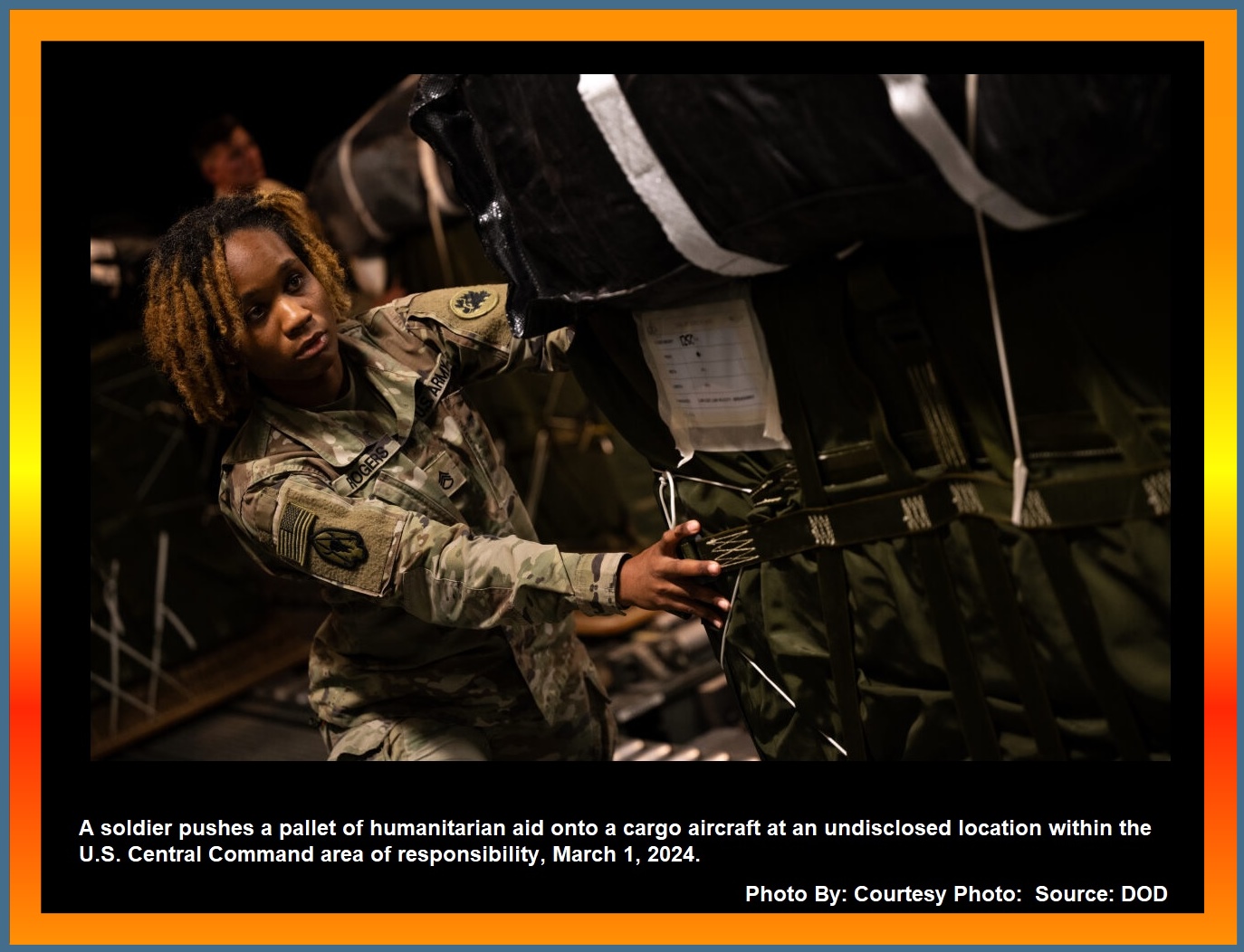
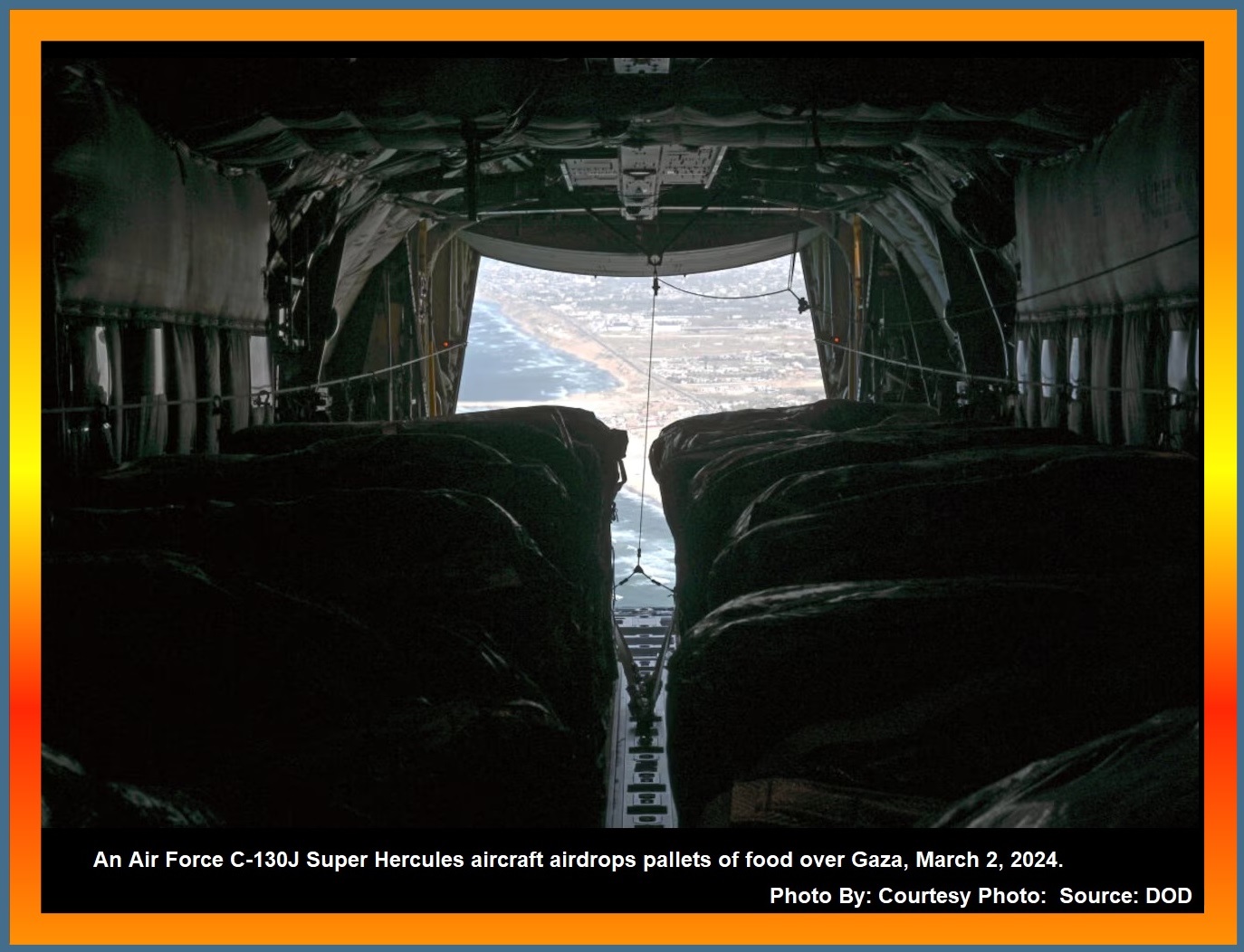
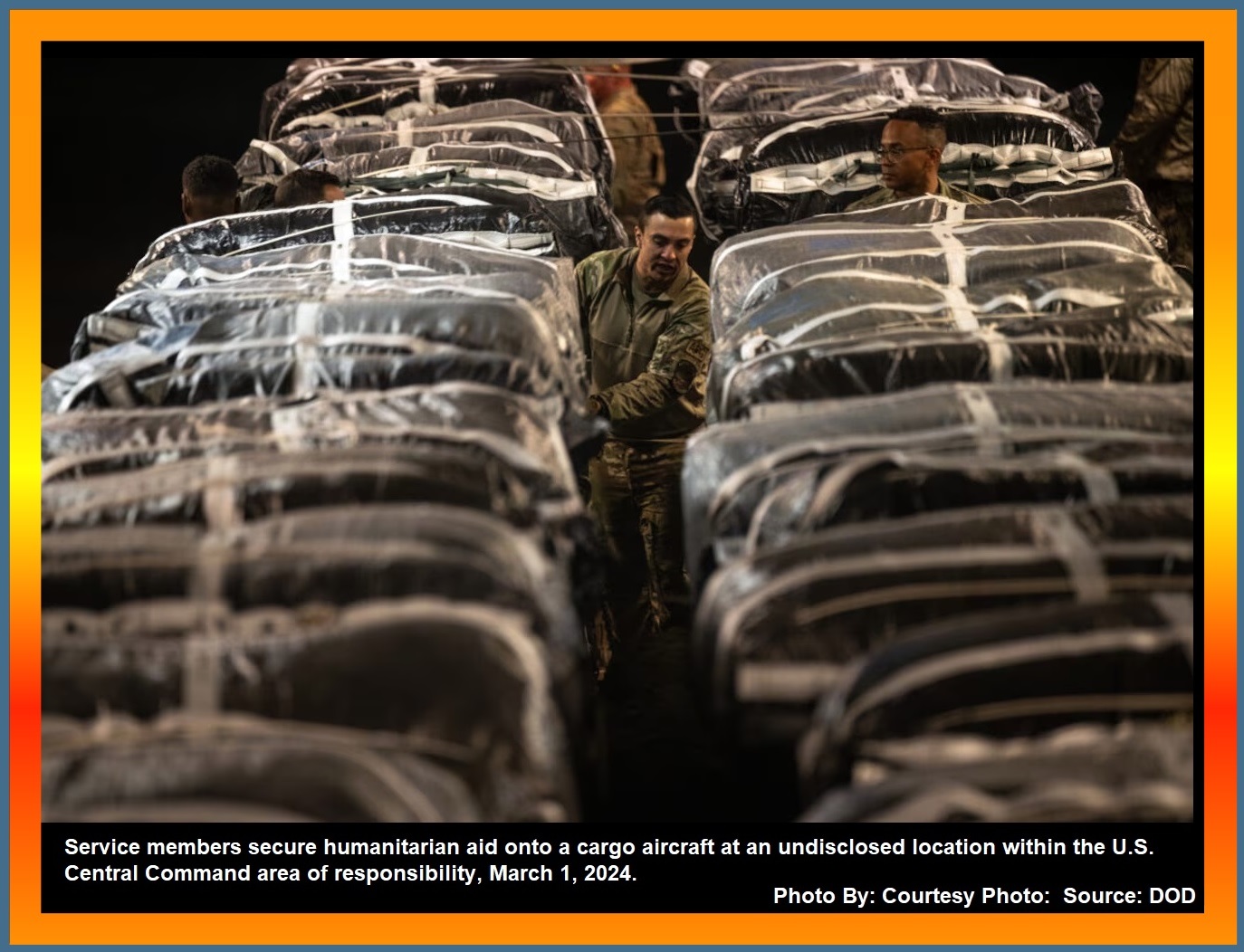
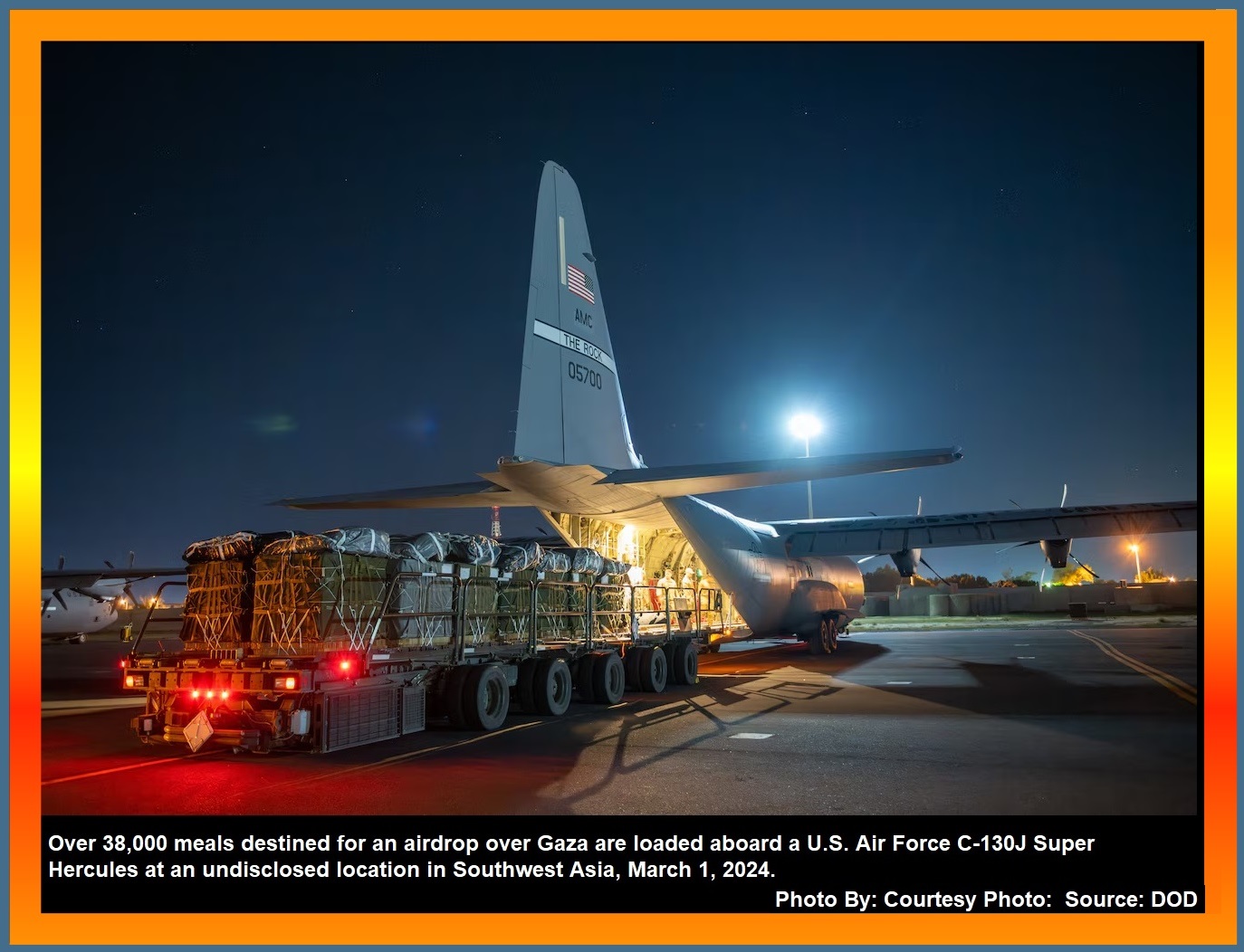
.jpeg)
.jpeg)
.jpeg)
.jpeg)
.jpeg)
_tm.jpg)
_tm.jpg)
_tm.jpg)
_tm.jpg)
_tm.jpg)
_tm.jpg)
_tm.jpg)
_tm.jpg)
_tm.jpg)
_tm.jpg)
_tm.jpg)
_tm.jpg)
_tm.jpg)
_tm.jpg)
_tm.jpg)
_tm.jpg)
_tm.jpg)
_tm.jpg)
_tm.jpg)
_tm.jpg)
_tm.jpg)
_tm.jpg)
_tm.jpg)
_tm.jpg)
_tm.jpg)
_tm.jpg)
_tm.jpg)
_tm.jpg)
_tm.jpg)
_tm.jpg)
_tm.jpg)
_tm.jpg)
_tm.jpg)
_tm.jpg)
_tm.jpg)
_tm.jpg)
_tm.jpg)
_tm.jpg)
_tm.jpg)
_tm.jpg)
_tm.jpg)
_tm.jpg)
_tm.jpg)
_tm.jpg)
_tm.jpg)
_tm.jpg)
_tm.jpg)
_tm.jpg)
_tm.jpg)
_tm.jpg)
_tm.jpg)
_tm.jpg)
_tm.jpg)
_tm.jpg)
_tm.jpg)
_tm.jpg)
_tm.jpg)
_tm.jpg)
_tm.jpg)
_tm.jpg)
_tm.jpg)
_tm.jpg)
_tm.jpg)
_tm.jpg)
_tm.jpg)
_tm.jpg)
_tm.jpg)
_tm.jpg)
_tm.jpg)
_tm.jpg)
_tm.jpg)
_tm.jpg)
_tm.jpg)
_tm.jpg)
_tm.jpg)
_tm.jpg)
_tm.jpg)
_tm.jpg)
_tm.jpg)
_tm.jpg)
_tm.jpg)
_tm.jpg)
_tm.jpg)
_tm.jpg)
_tm.jpg)
_tm.jpg)
_tm.jpg)
_tm.jpg)
_tm.jpg)
_tm.jpg)
_tm.jpg)
_tm.jpg)
_tm.jpg)
_tm.jpg)
_tm.jpg)
_tm.jpg)
_tm.jpg)
_tm.jpg)
_tm.jpg)
_tm.jpg)
_tm.jpg)
_tm.jpg)
_tm.jpg)
_tm.jpg)
_tm.jpg)
_tm.jpg)
_tm.jpg)
_tm.jpg)
_tm.jpg)
_tm.jpg)
_tm.jpg)
_tm.jpg)
_tm.jpg)
_tm.jpg)
_tm.jpg)
_tm.jpg)
_tm.jpg)
_tm.jpg)
_tm.jpg)
_tm.jpg)
_tm.jpg)
_tm.jpg)
_tm.jpg)
_tm.jpg)
_tm.jpg)
_tm.jpg)
_tm.jpg)
_tm.jpg)
_tm.jpg)
_tm.jpg)
_tm.jpg)
_tm.jpg)
_tm.jpg)
_tm.jpg)
_tm.jpg)
_tm.jpg)
_tm.jpg)
_tm.jpg)
_tm.jpg)
_tm.jpg)
_tm.jpg)
_tm.jpg)
_tm.jpg)
_tm.jpg)
_tm.jpg)
_tm.jpg)
_tm.jpg)
_tm.jpg)
_tm.jpg)
_tm.jpg)
_tm.jpg)
_tm.jpg)
_tm.jpg)
_tm.jpg)
_tm.jpg)
_tm.jpg)
_tm.jpg)
_tm.jpg)
_tm.jpg)
_tm.jpg)
_tm.jpg)
_tm.jpg)
_tm.jpg)
_tm.jpg)
_tm.jpg)
_tm.jpg)
_tm.jpg)
_tm.jpg)
_tm.jpg)
_tm.jpg)
_tm.jpg)
_tm.jpg)
_tm.jpg)
_tm.jpg)
_tm.jpg)
_tm.jpg)
_tm.jpg)
_tm.jpg)
_tm.jpg)
_tm.jpg)
_tm.jpg)
_tm.jpg)
_tm.jpg)
_tm.jpg)
_tm.jpg)
_tm.jpg)
_tm.jpg)
_tm.jpg)
_tm.jpg)
_tm.jpg)
_tm.jpg)
_tm.jpg)
_tm.jpg)
_tm.jpg)
_tm.jpg)
_tm.jpg)
_tm.jpg)
_tm.jpg)
_tm.jpg)
_tm.jpg)
_tm.jpg)
_tm.jpg)
_tm.jpg)
_tm.jpg)
_tm.jpg)
_tm.jpg)
_tm.jpg)
_tm.jpg)
_tm.jpg)
_tm.jpg)
_tm.jpg)
_tm.jpg)
_tm.jpg)
_tm.jpg)
_tm.jpg)
_tm.jpg)
_tm.jpg)
_tm.jpg)
_tm.jpg)
_tm.jpg)
_tm.jpg)
_tm.jpg)
_tm.jpg)
_tm.jpg)
_tm.jpg)
_tm.jpg)
_tm.jpg)
_tm.jpg)
_tm.jpg)
_tm.jpg)
_tm.jpg)
_tm.jpg)
_tm.jpg)
_tm.jpg)
_tm.jpg)
_tm.jpg)
_tm.jpg)
_tm.jpg)
_tm.jpg)
_tm.jpg)
_tm.jpg)
_tm.jpg)
_tm.jpg)
_tm.jpg)
_tm.jpg)
_tm.jpg)
_tm.jpg)
_tm.jpg)
_tm.jpg)
_tm.jpg)
_tm.jpg)
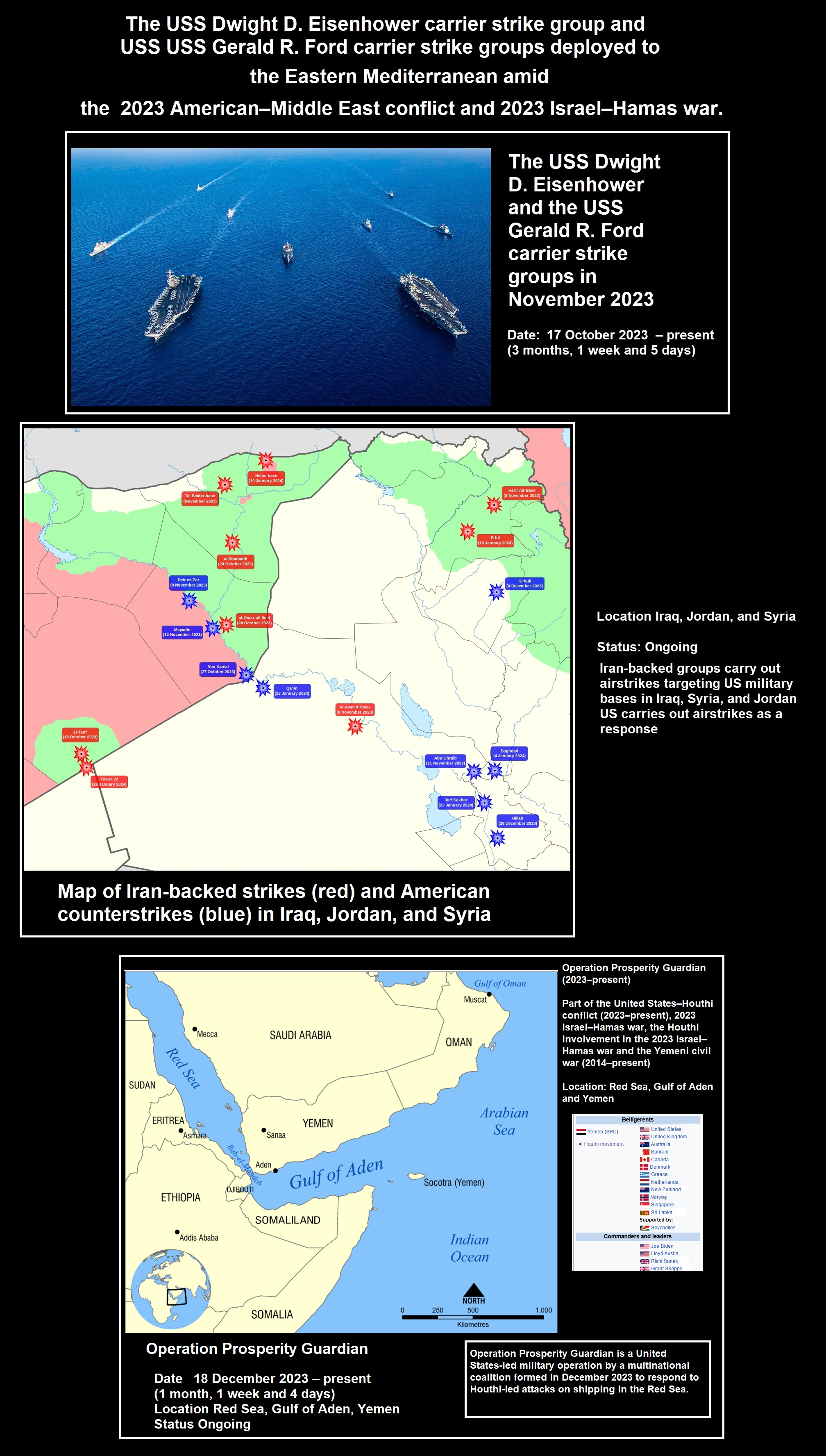
.jpeg)
.jpeg)
.jpeg)
.jpeg)
_tm.jpg)
_tm.jpg)
_tm.jpg)
_tm.jpg)
_tm.jpg)
_tm.jpg)
_tm.jpg)
_tm.jpg)
_tm.jpg)
_tm.jpg)
_tm.jpg)
_tm.jpg)
_tm.jpg)
_tm.jpg)
_tm.jpg)
_tm.jpg)
_tm.jpg)
_tm.jpg)
_tm.jpg)
_tm.jpg)
_tm.jpg)
_tm.jpg)
_tm.jpg)
_tm.jpg)
.jpeg)
.jpeg)
.jpeg)
.jpeg)
_tm.jpg)
_tm.jpg)
_tm.jpg)
_tm.jpg)
_tm.jpg)
_tm.jpg)
_tm.jpg)
_tm.jpg)
_tm.jpg)
_tm.jpg)
_tm.jpg)
_tm.jpg)
_tm.jpg)
_tm.jpg)
_tm.jpg)
_tm.jpg)
_tm.jpg)
_tm.jpg)
_tm.jpg)
_tm.jpg)
_tm.jpg)
_tm.jpg)
_tm.jpg)
_tm.jpg)
_tm.jpg)
_tm.jpg)
_tm.jpg)
_tm.jpg)
_tm.jpg)
_tm.jpg)
_tm.jpg)
_tm.jpg)
_tm.jpg)
_tm.jpg)
_tm.jpg)
_tm.jpg)
_tm.jpg)
_tm.jpg)
_tm.jpg)
_tm.jpg)
_tm.jpg)
_tm.jpg)
_tm.jpg)
_tm.jpg)
_tm.jpg)
_tm.jpg)
_tm.jpg)
_tm.jpg)
_tm.jpg)
_tm.jpg)
_tm.jpg)
_tm.jpg)
_tm.jpg)
_tm.jpg)
_tm.jpg)
_tm.jpg)
_tm.jpg)
_tm.jpg)
_tm.jpg)
_tm.jpg)
_tm.jpg)
_tm.jpg)
_tm.jpg)
_tm.jpg)
_tm.jpg)
_tm.jpg)
.jpeg)
.jpeg)
.jpeg)
.jpeg)
.jpeg)
_tm.jpg)
_tm.jpg)
_tm.jpg)
_tm.jpg)
_tm.jpg)
_tm.jpg)
_tm.jpg)
_tm.jpg)
_tm.jpg)
_tm.jpg)
_tm.jpg)
_tm.jpg)
_tm.jpg)
_tm.jpg)
_tm.jpg)
_tm.jpg)
_tm.jpg)
_tm.jpg)
_tm.jpg)
_tm.jpg)
_tm.jpg)
_tm.jpg)
_tm.jpg)
_tm.jpg)
_tm.jpg)
_tm.jpg)
_tm.jpg)
_tm.jpg)
_tm.jpg)
_tm.jpg)
_tm.jpg)
_tm.jpg)
_tm.jpg)
_tm.jpg)
_tm.jpg)
_tm.jpg)
_tm.jpg)
_tm.jpg)
_tm.jpg)
_tm.jpg)
_tm.jpg)
_tm.jpg)
_tm.jpg)
_tm.jpg)
_tm.jpg)
_tm.jpg)
_tm.jpg)
_tm.jpg)
_tm.jpg)
_tm.jpg)
_tm.jpg)
_tm.jpg)
_tm.jpg)
_tm.jpg)
_tm.jpg)
_tm.jpg)
_tm.jpg)
_tm.jpg)
_tm.jpg)
_tm.jpg)
_tm.jpg)
_tm.jpg)
_tm.jpg)
_tm.jpg)
_tm.jpg)
_tm.jpg)
_tm.jpg)
_tm.jpg)
_tm.jpg)
_tm.jpg)
_tm.jpg)
_tm.jpg)
_tm.jpg)
_tm.jpg)
_tm.jpg)
_tm.jpg)
_tm.jpg)
_tm.jpg)
_tm.jpg)
_tm.jpg)
_tm.jpg)
_tm.jpg)
_tm.jpg)
_tm.jpg)
_tm.jpg)
_tm.jpg)
_tm.jpg)
_tm.jpg)
_tm.jpg)
_tm.jpg)
_tm.jpg)
_tm.jpg)
_tm.jpg)
_tm.jpg)
_tm.jpg)
_tm.jpg)
_tm.jpg)
_tm.jpg)
_tm.jpg)
_tm.jpg)
_tm.jpg)
_tm.jpg)
_tm.jpg)
_tm.jpg)
_tm.jpg)
_tm.jpg)
_tm.jpg)
_tm.jpg)
_tm.jpg)
_tm.jpg)
_tm.jpg)
_tm.jpg)
_tm.jpg)
_tm.jpg)
_tm.jpg)
_tm.jpg)
_tm.jpg)
_tm.jpg)
_tm.jpg)
_tm.jpg)
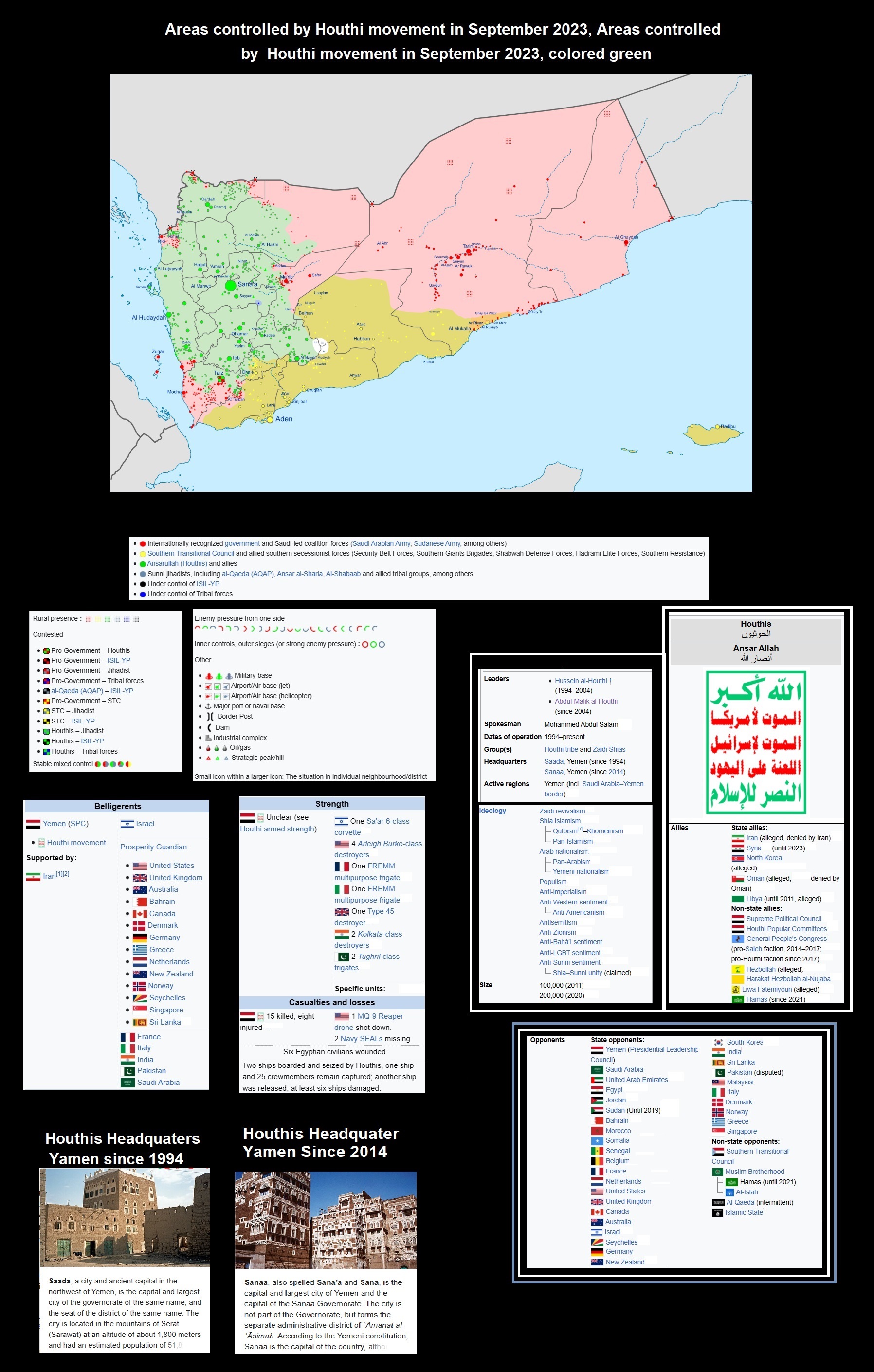
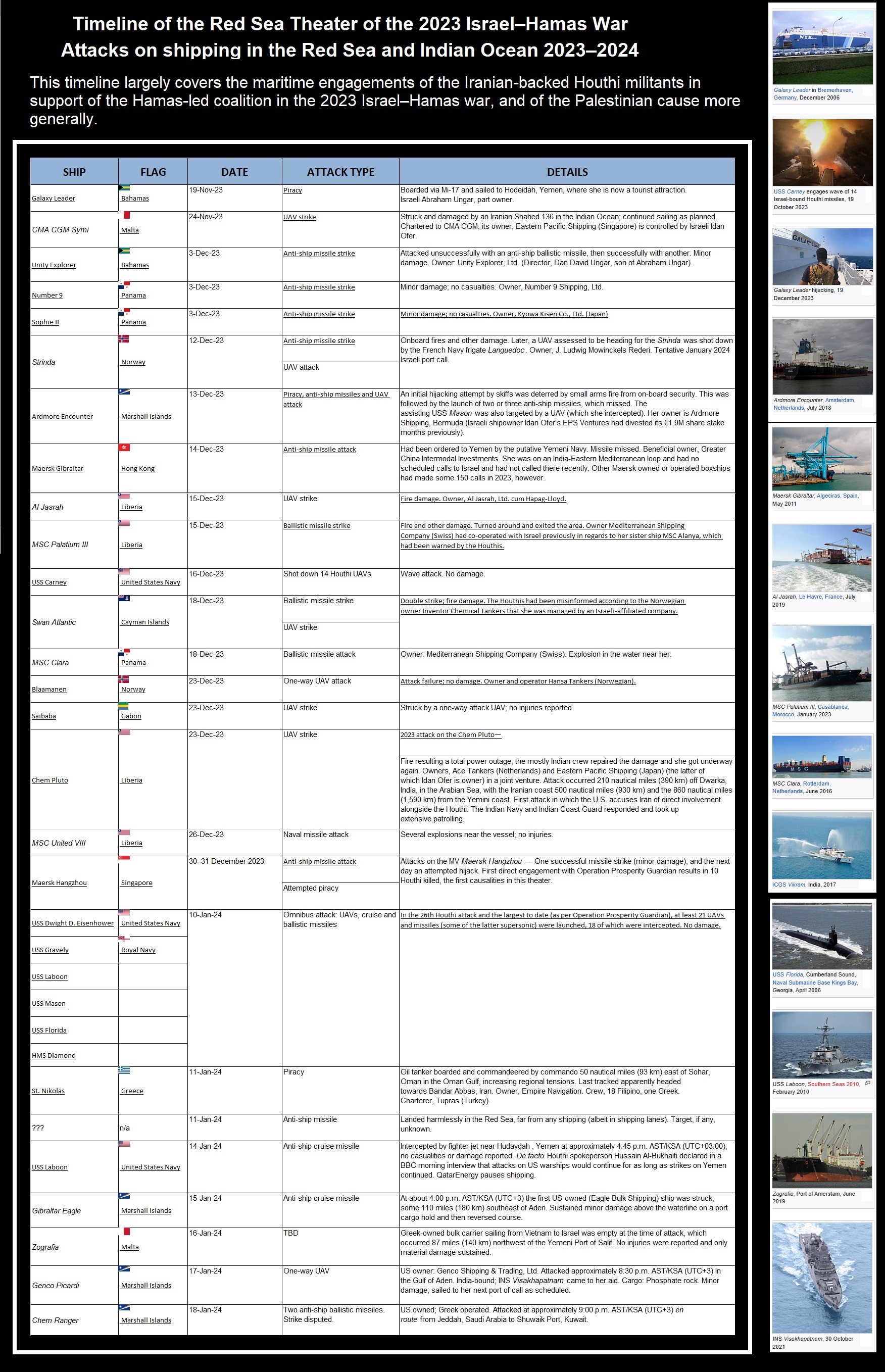
_tm.jpg)
_tm.jpg)
_tm.jpg)
_tm.jpg)
_tm.jpg)
_tm.jpg)
_tm.jpg)
_tm.jpg)
_tm.jpg)
_tm.jpg)
_tm.jpg)
_tm.jpg)
_tm.jpg)
_tm.jpg)
_tm.jpg)
_tm.jpg)
_tm.jpg)
_tm.jpg)
_tm.jpg)
_tm.jpg)
_tm.jpg)
_tm.jpg)
_tm.jpg)
_tm.jpg)
_tm.jpg)
_tm.jpg)
_tm.jpg)
_tm.jpg)
_tm.jpg)
_tm.jpg)
_tm.jpg)
_tm.jpg)
_tm.jpg)
_tm.jpg)
_tm.jpg)
_tm.jpg)
_tm.jpg)
_tm.jpg)
_tm.jpg)
_tm.jpg)
_tm.jpg)
_tm.jpg)
_tm.jpg)
_tm.jpg)
_tm.jpg)
_tm.jpg)
_tm.jpg)
_tm.jpg)
_tm.jpg)
_tm.jpg)
_tm.jpg)
_tm.jpg)
_tm.jpg)
_tm.jpg)
_tm.jpg)
_tm.jpg)
_tm.jpg)
_tm.jpg)
_tm.jpg)
_tm.jpg)
_tm.jpg)
_tm.jpg)
_tm.jpg)
_tm.jpg)
_tm.jpg)
_tm.jpg)
_tm.jpg)
_tm.jpg)
_tm.jpg)
_tm.jpg)
_tm.jpg)
_tm.jpg)
_tm.jpg)
_tm.jpg)
_tm.jpg)
_tm.jpg)
_tm.jpg)
_tm.jpg)
_tm.jpg)
_tm.jpg)
_tm.jpg)
_tm.jpg)
_tm.jpg)
_tm.jpg)
_tm.jpg)
_tm.jpg)
_tm.jpg)

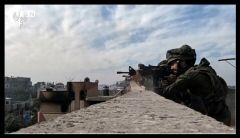

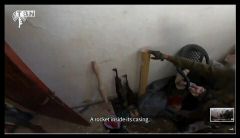


























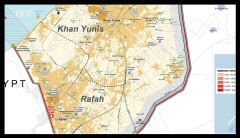

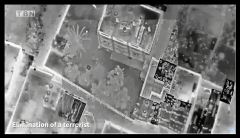
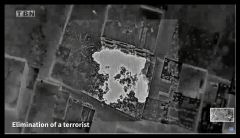

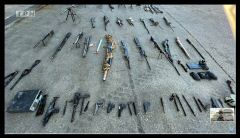
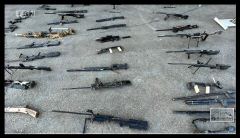
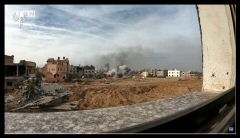


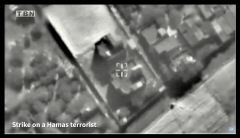
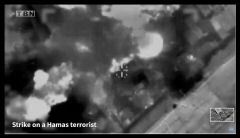


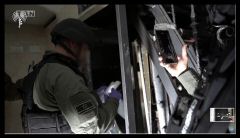

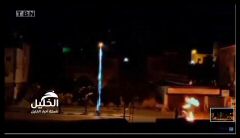
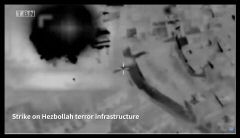
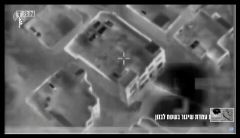
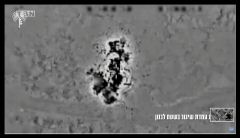


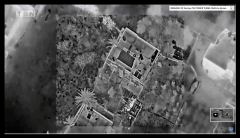

_tm.jpg)
_tm.jpg)
_tm.jpg)
_tm.jpg)
_tm.jpg)
_tm.jpg)
_tm.jpg)
_tm.jpg)
_tm.jpg)
_tm.jpg)
_tm.jpg)
_tm.jpg)
_tm.jpg)
_tm.jpg)
_tm.jpg)
_tm.jpg)
_tm.jpg)
_tm.jpg)
_tm.jpg)
_tm.jpg)
_tm.jpg)
_tm.jpg)
_tm.jpg)
_tm.jpg)
_tm.jpg)
_tm.jpg)
_tm.jpg)
_tm.jpg)
_tm.jpg)
_tm.jpg)
_tm.jpg)
_tm.jpg)
_tm.jpg)
_tm.jpg)
_tm.jpg)
_tm.jpg)
_tm.jpg)
_tm.jpg)
_tm.jpg)
_tm.jpg)
_tm.jpg)
_tm.jpg)
_tm.jpg)
_tm.jpg)
_tm.jpg)
_tm.jpg)
_tm.jpg)
_tm.jpg)
_tm.jpg)
_tm.jpg)
_tm.jpg)
_tm.jpg)
_tm.jpg)
_tm.jpg)
_tm.jpg)
_tm.jpg)
_tm.jpg)
_tm.jpg)
_tm.jpg)
_tm.jpg)
_tm.jpg)
_tm.jpg)
_tm.jpg)
_tm.jpg)
_tm.jpg)
_tm.jpg)
_tm.jpg)
_tm.jpg)
_tm.jpg)
_tm.jpg)
_tm.jpg)
_tm.jpg)
_tm.jpg)
_tm.jpg)
_tm.jpg)
_tm.jpg)
_tm.jpg)
_tm.jpg)
_tm.jpg)
_tm.jpg)
_tm.jpg)
_tm.jpg)
_tm.jpg)
_tm.jpg)
_tm.jpg)
_tm.jpg)
_tm.jpg)
_tm.jpg)
_tm.jpg)
_tm.jpg)
_tm.jpg)
_tm.jpg)
_tm.jpg)
_tm.jpg)
_tm.jpg)
_tm.jpg)
_tm.jpg)
_tm.jpg)
_tm.jpg)
_tm.jpg)
_tm.jpg)
_tm.jpg)
_tm.jpg)
_tm.jpg)
_tm.jpg)
_tm.jpg)
_tm.jpg)
_tm.jpg)
_tm.jpg)
_tm.jpg)
_tm.jpg)
_tm.jpg)
_tm.jpg)
_tm.jpg)
_tm.jpg)
_tm.jpg)
_tm.jpg)
_tm.jpg)
_tm.jpg)
_tm.jpg)
_tm.jpg)
_tm.jpg)
_tm.jpg)
_tm.jpg)
_tm.jpg)
_tm.jpg)
_tm.jpg)
_tm.jpg)
_tm.jpg)
_tm.jpg)
